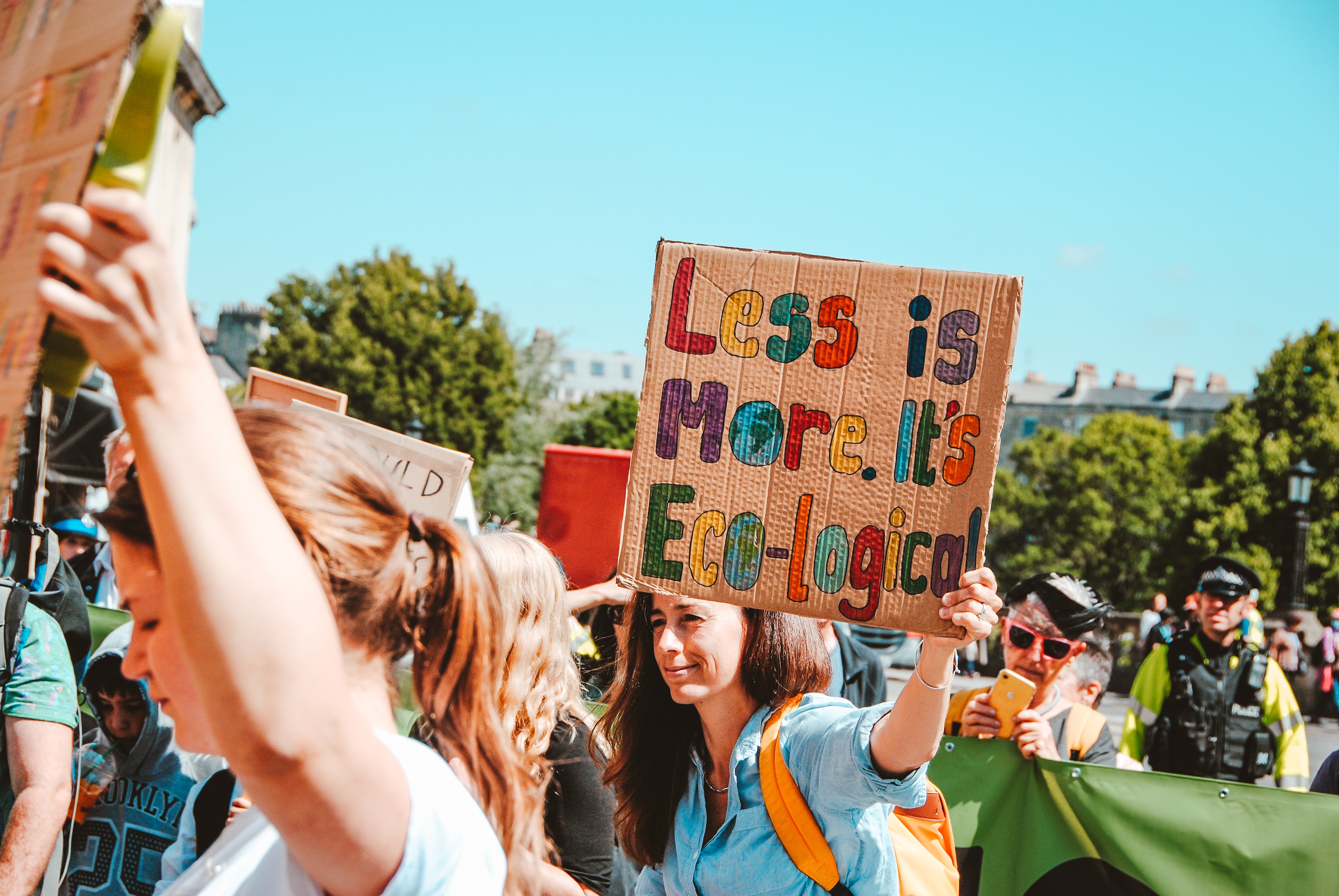
These days, there’s a lot of talk about zero waste, but what does it really mean? When we envision our average Joe going zero waste we think of mason jars, composting bins, and the elimination of single use products. But how about when a whole city goes zero waste?
For over a decade, Clean Water Action worked with the Zero Waste Boston coalition to help jumpstart a zero waste (ZW) planning process with the city of Boston. This effort culminated in a zero waste plan for both the residential and commercial sectors that was released in 2019. The goals are for Boston to have an 80% diversion rate by 2035--meaning that 80% of waste will be recycled, reused, eliminated, or composted in some way--and to achieve zero waste by 2050. The questions are, how do we get there and why?
The benefits of going zero waste are seen in climate mitigation, social justice, and economic growth. Emissions of greenhouse gases are increasing every year and one effective way to combat this is through implementing zero waste policies. Currently, the City of Boston incinerates nearly 80% of its residential waste (everything that isn’t ‘diverted’, meaning recycled or composted)--much of it at an incinerator in Saugus, MA. This burner, the oldest in the country, produces a large volume of leftover toxic incinerator ash, which is simply dumped into an adjacent pit--endangering neighboring Saugus, Lynn and Revere, all working-class communities and/or communities of color. Ensuring zero waste in Boston will create a more sustainable and healthy way of life for all.
Commercial businesses and institutions currently create about 78% of the City’s waste, including construction and demolition. The City of Boston has created five ‘toolkits’ that different kinds of businesses can follow in order to get to zero waste successfully. There are models for office buildings, food vendors, retailers, manufacturers, schools and hospitals. Each toolkit was designed with the specific business in mind and the types of waste they produce. The toolkits were created with RecyclingWorks, a free assistance program for businesses looking to recycle and reduce their waste.
The question remains: what does Boston’s zero waste plan mean for the average person living in Boston? Well, in December of 2018, Boston started by banning the use of plastic bags—this required the 22,000 businesses in Boston to get rid of single use plastic bags and replace them with paper or reusable plastic over a certain gauge thickness. A majority of the products the daily consumer uses are single use—meaning they are thrown in the trash, often after being used for a few seconds. But, what if we did not have single use items anymore? That is where Boston is headed.
Reducing the creation of materials that end up being thrown out is a top priority, and also the highest step in the zero waste hierarchy. The way Boston is implementing this is by public education campaigns, waste-reduction outreach and technical assistance programs, reducing packaging and diverting to more reusable goods. We live in a highly consumerist society but this does not mean we have to be wasteful. More than 35% of what is currently thrown in the trash is compostable or could be repurposed. A series of yard-waste options and curbside collection programs will be introduced as a monthly subscription. Another change that will be put into place is inspecting bins—this is going to hold residents accountable for the ways they recycle to ensure there are no contaminants. Think of it as ‘oops tagging’—a hands on approach to let you know whatever was in the bin should not have been there, which can help a lot with the costs of processing. To do this, the City of Boston is working with a network of volunteers through Greenovate Boston—a Boston initiative to eliminate pollution.
Another zero waste tactic being introduced is that residents will be able to recycle textiles. Textiles will now be able to be recycled at no fee and for curbside pickup—details have yet to be released. Boston is also doing a neighborhood Fix-It Clinic Series to urge people to repair and reuse common household items they might have otherwise thrown out. Economically, the City of Boston’s zero waste plan will recover value from items that were previously being discarded. Among the strategies in Boston’s zero waste plan is developing incentives and outreach programs, making it more convenient for people to participate. Boston’s zero waste plan takes the original idea of ‘reduce, reuse, recycle’ and makes it more efficient by creating more programs and making them widely available to residents.
Implementing these strategies will make Boston a leader in zero waste and will serve as a model to other cities. Once fully implemented, Boston’s recycling rate will increase to 80% and increase the diversion rate to 90% which would reduce direct climate emissions from this sector by over 78%. While the goal of zero waste by 2050 is ambitious, I am glad to see that Boston is making a promising headway towards meeting this goal.


